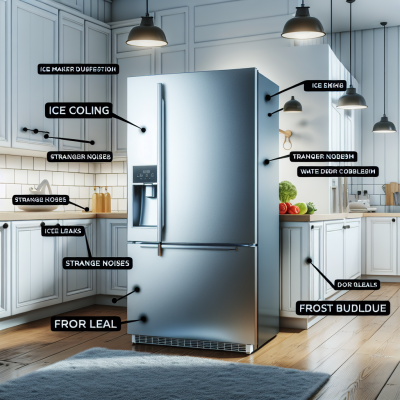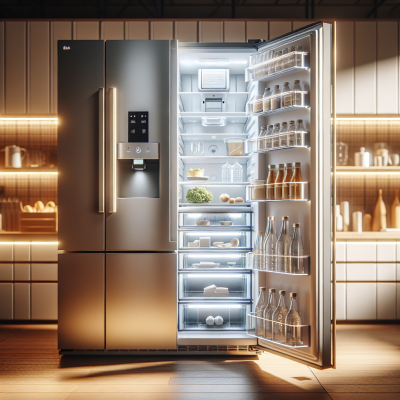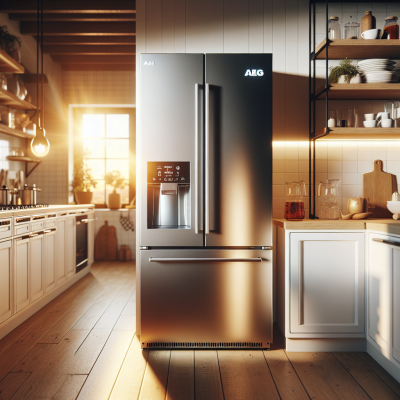Fast & Reliable Turbo Air Refrigerator Repairs - Call Now! |
Error Codes
Overview of Error Codes
Importance of Error Codes:
Error codes are critical in maintaining and troubleshooting your Turbo Air Refrigerator. When your appliance experiences a malfunction, it will often display a specific error code on its control panel. These codes act as diagnostic tools, helping you identify the issue quickly and accurately without the need to manually explore every component. This feature not only saves time but also ensures that problems can be addressed before they lead to more significant, potentially costlier, repairs.
How They Assist in Diagnosing Issues:
Error codes assist in diagnosing issues by pinpointing the root cause of a problem. Each code correlates with a specific malfunction or part of the refrigerator, eliminating much of the guesswork involved in traditional troubleshooting. For instance, an error code might indicate a fault in the temperature sensor rather than the broader cooling system, allowing owners to focus their repair efforts precisely. Additionally, the use of error codes can help determine whether the problem is something that can be addressed at home or if it requires professional intervention.
Common Error Codes and Their Meanings
-
E1: Temperature Sensor Error
An E1 error indicates an issue with the temperature sensor. This sensor is responsible for monitoring the internal temperature of the refrigerator to ensure it maintains the set cooling levels. If this sensor fails, it could lead to improper cooling, risking spoilage of stored items. -
E2: Defrost Sensor Error
The E2 error points to a malfunction in the defrost sensor. This sensor is critical in managing the defrost cycle, which prevents ice build-up on the evaporator coils. Without proper defrosting, the refrigerator���s efficiency decreases, and excessive ice can lead to further mechanical issues. -
E3: Condenser Problem
An E3 error signals a problem with the condenser. The condenser is a significant component responsible for releasing heat from the refrigerator. Issues in the condenser can lead to inadequate cooling and increased energy consumption, as the refrigerator struggles to maintain the desired temperature. -
Flashing Code Patterns
In some cases, the refrigerator may display flashing code patterns instead of static codes. These patterns can indicate a series of issues or a serious malfunction that could impact multiple components. Understanding these flashing patterns is essential as they might require immediate attention to prevent further damage.
Troubleshooting Error Codes
Steps for Diagnosing Issues:
-
Identify the Code: First and foremost, take note of the displayed error code on the control panel.
-
Consult the Manual: Refer to the refrigerator's manual to understand the specific meaning of the error code and recommended steps for troubleshooting.
-
Basic Checks: Conduct a series of basic checks, such as ensuring all components are securely connected and that no obvious physical damage is present.
-
Test Sensors & Components: If comfortable, perform tests on various sensors and components associated with the error code to verify their functionality.
-
Reset the System: In some cases, simply resetting the refrigerator's system might clear the error, especially if it was triggered by a temporary glitch.
When to Contact Professional Service:
While some minor issues can be resolved with a bit of diagnosis and quick fixes, certain situations necessitate professional intervention. You should consider contacting a professional service when:
- The error persists despite following troubleshooting steps.
- You identify multiple error codes occurring simultaneously, suggesting systemic issues.
- There is a possibility of electric or mechanical safety hazards.
- Specialized tools or advanced technical knowledge are required to thoroughly diagnose and resolve the issue.
In such cases, a certified technician can offer the expertise and tools needed to repair your refrigerator efficiently, ensuring its longevity and optimal performance.




